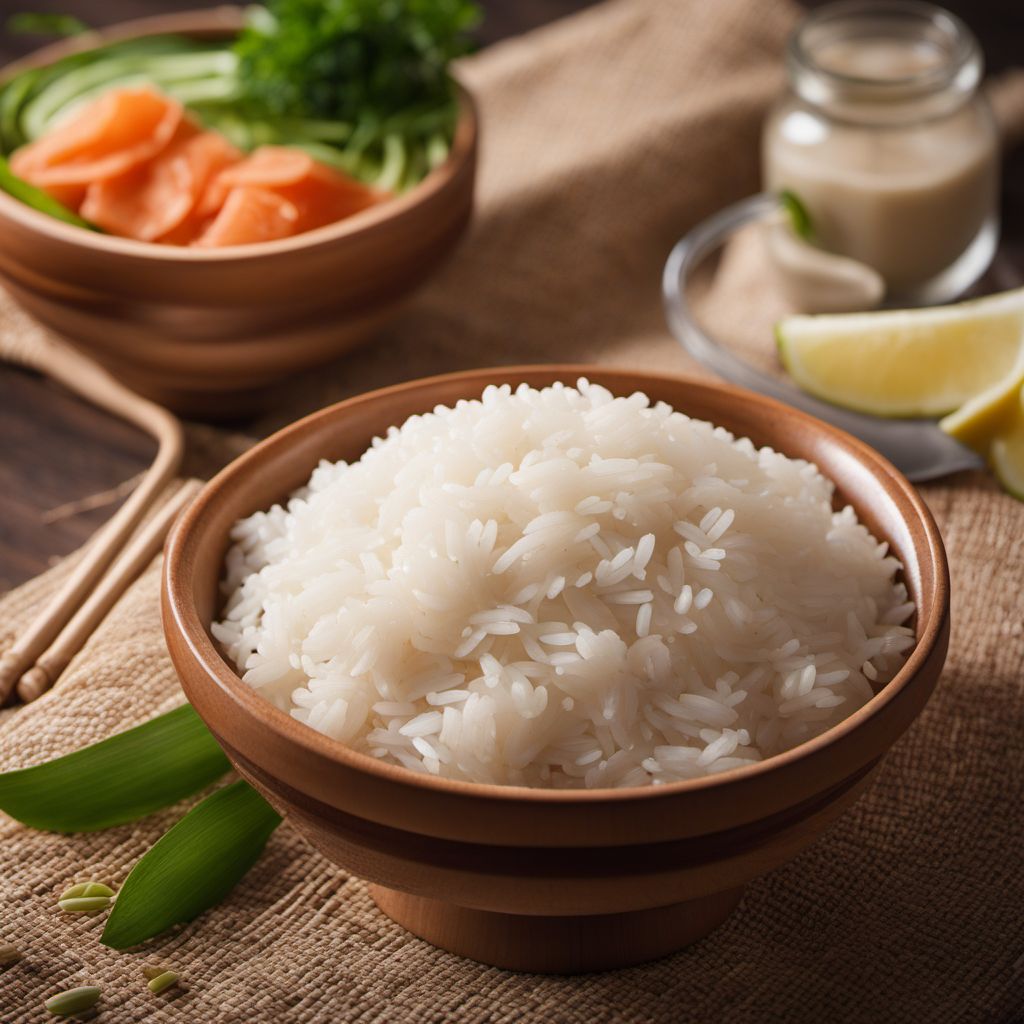
Ingredient
Rice based dishes, cooked
Delightful Rice-Based Creations
Cooked rice exhibits a soft and slightly chewy texture, with each grain retaining its shape and distinct flavor. It can range from fluffy and separate to sticky and clumped, depending on the variety and cooking method. Rice is available in different types, including long-grain, medium-grain, and short-grain, each offering unique characteristics.
Origins and history
Rice has been cultivated for thousands of years and holds significant cultural and historical importance in many regions. It is believed to have originated in Asia, with evidence of rice cultivation dating back to ancient China and India. Rice has played a crucial role in the development of civilizations, shaping dietary habits, and becoming a dietary staple for billions of people worldwide.
Nutritional information
Rice is a good source of carbohydrates and provides energy for the body. It is low in fat and contains essential vitamins and minerals such as thiamine, niacin, and iron. The nutritional content may vary depending on the type of rice and cooking method used.
How to select
When selecting rice, consider the desired texture and flavor profile. Long-grain rice, such as basmati or jasmine, is ideal for fluffy and separate grains, perfect for pilafs or side dishes. Medium-grain rice, like Arborio or sushi rice, is suitable for creamy risottos or sushi rolls. Short-grain rice, such as sticky rice or sushi rice, is ideal for dishes that require a sticky texture, like sushi or rice pudding. Look for rice that is free from any signs of moisture, insects, or damage.
Storage recommendations
To maintain the freshness and quality of cooked rice, store it in an airtight container or resealable bag in the refrigerator. Use the rice within a few days to ensure optimal taste and texture. Avoid leaving cooked rice at room temperature for an extended period, as it can promote bacterial growth and foodborne illnesses.
How to produce
Rice can be produced by growing rice plants in flooded paddy fields, which require specific climatic conditions and soil types. However, rice cultivation is labor-intensive and requires specialized knowledge. It is best left to professional farmers who have the necessary resources and expertise.
Preparation tips
Cooked rice can be prepared using various methods, including boiling, steaming, or using a rice cooker. Follow the instructions on the package or recipe for the best results. Rinse the rice before cooking to remove excess starch and achieve fluffier grains. Experiment with different types of rice and cooking techniques to discover your preferred texture and flavor.
Culinary uses
Rice-based dishes are incredibly versatile and can be found in numerous cuisines worldwide. They are commonly used in Asian cuisines, such as Chinese, Japanese, Thai, and Indian, where rice serves as a staple ingredient. Rice is used in dishes like sushi, biryani, paella, fried rice, and rice pudding, among many others.
Availability
Rice is widely available and cultivated in various regions across the globe. It is a staple in Asian countries like China, India, Japan, Thailand, and Vietnam. Rice is also grown in many parts of Europe, the Americas, and Africa, adapting to different climates and soil conditions.
More ingredients from this category
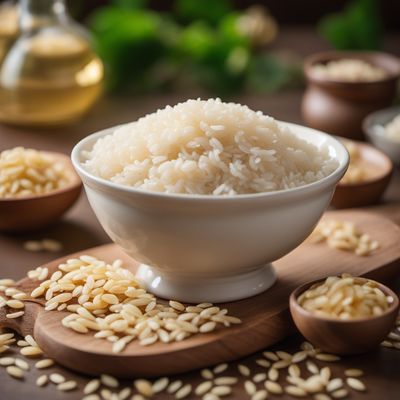
Rice pudding
Creamy Delight: Exploring the World of Rice Pudding

Dolma
Delightful Stuffed Goodness

Nasi goreng
"Indonesian Delight: Exploring the Flavors of Nasi Goreng"

Rice and vegetables meal
Harmony on a Plate: Rice and Vegetable Medley

Milk rice
Creamy Delight: Exploring the Richness of Milk Rice
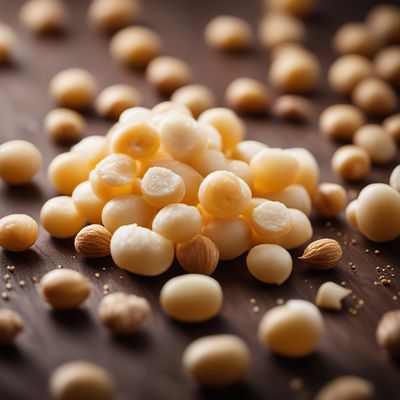
Risotto
Creamy Delight: Unveiling the Magic of Risotto
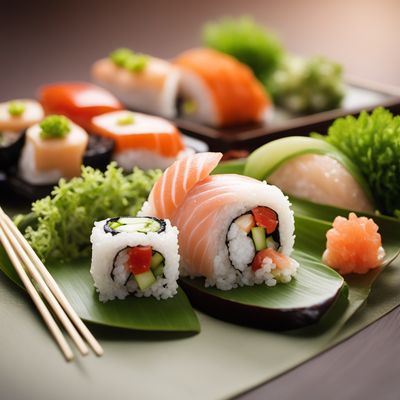
Rice, fish/seafood and vegetable based dishes
A Symphony of Flavors: Exploring the Delights of Rice, Fish/Seafood, and Vegetable Based Dishes
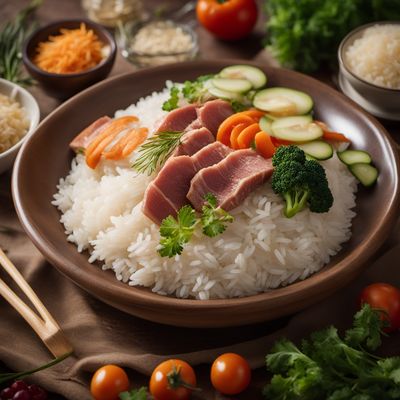
Rice, meat, and vegetables meal
Wholesome Harmony: A Nutrient-Rich Medley of Rice, Meat, and Vegetables

Paella
The Iconic Spanish Delight: Paella
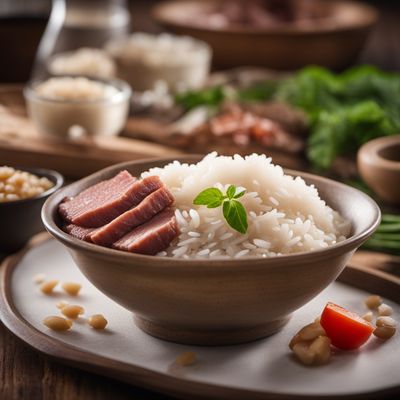
Rice and meat meal
Savory Rice Delight